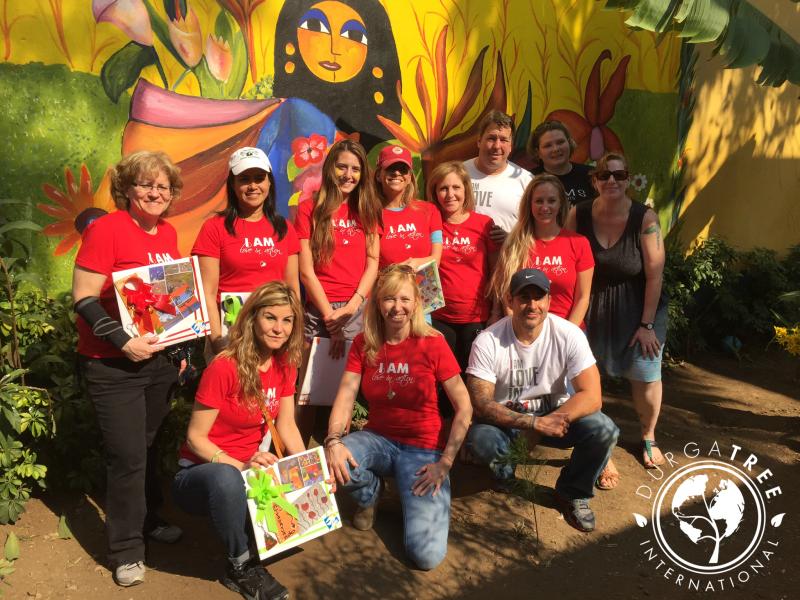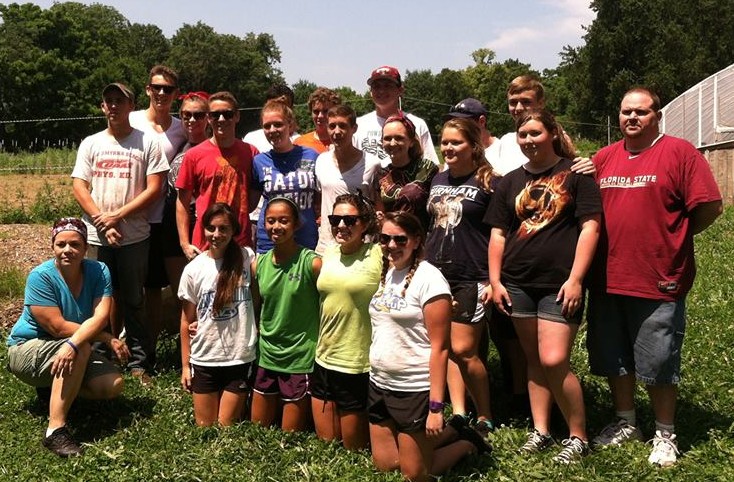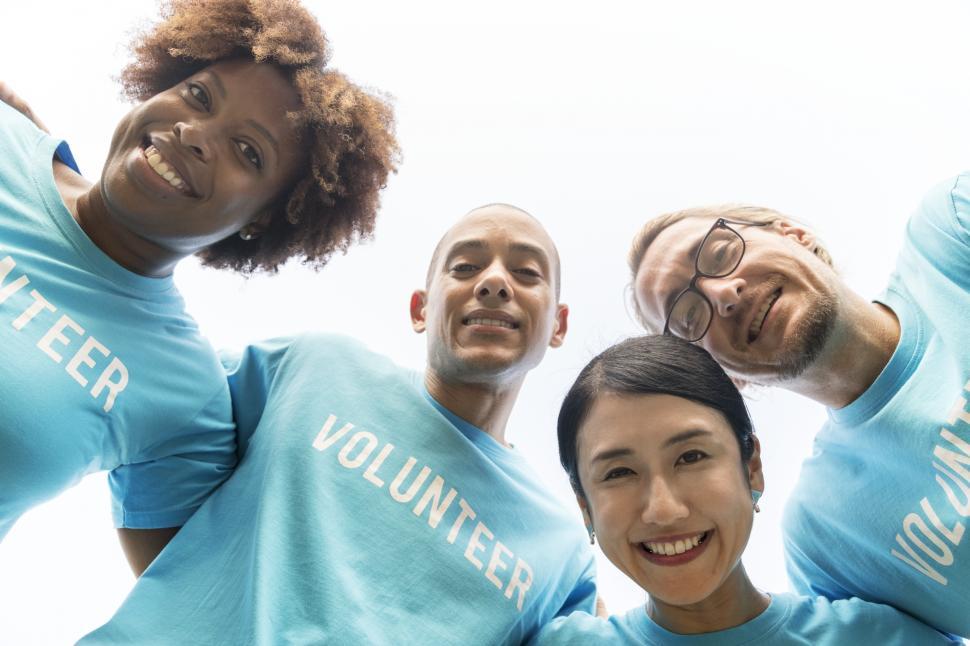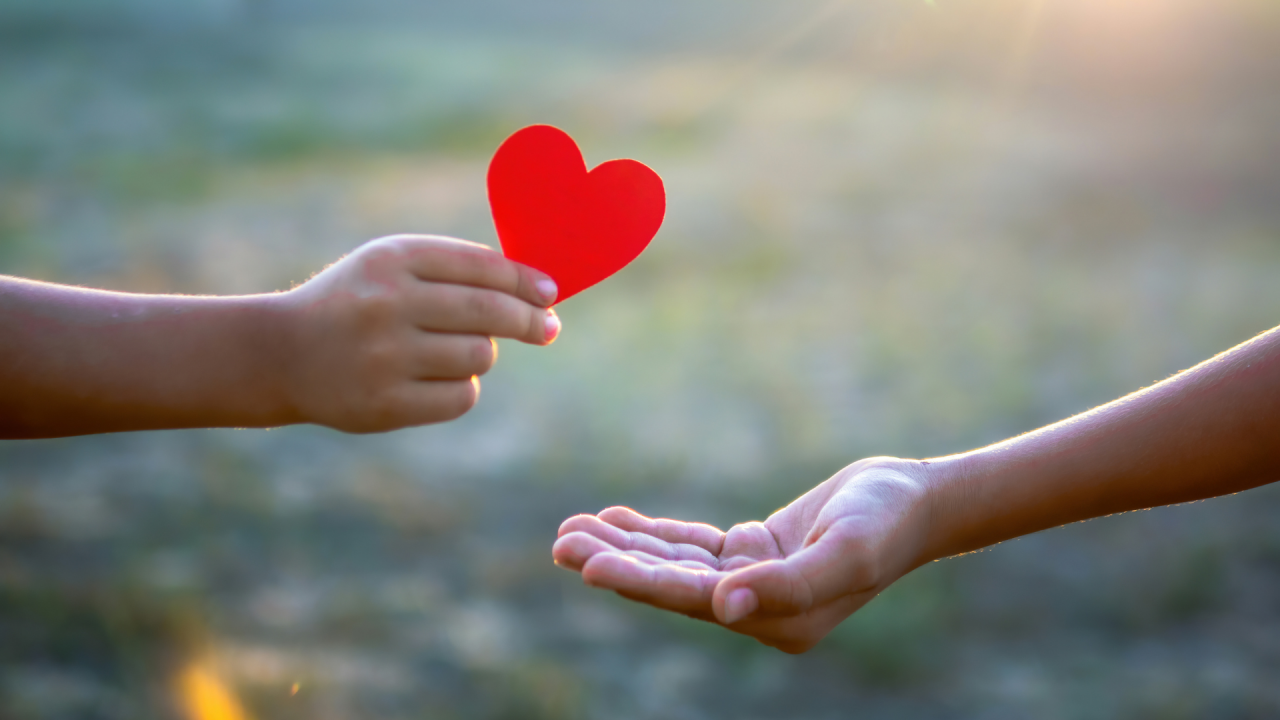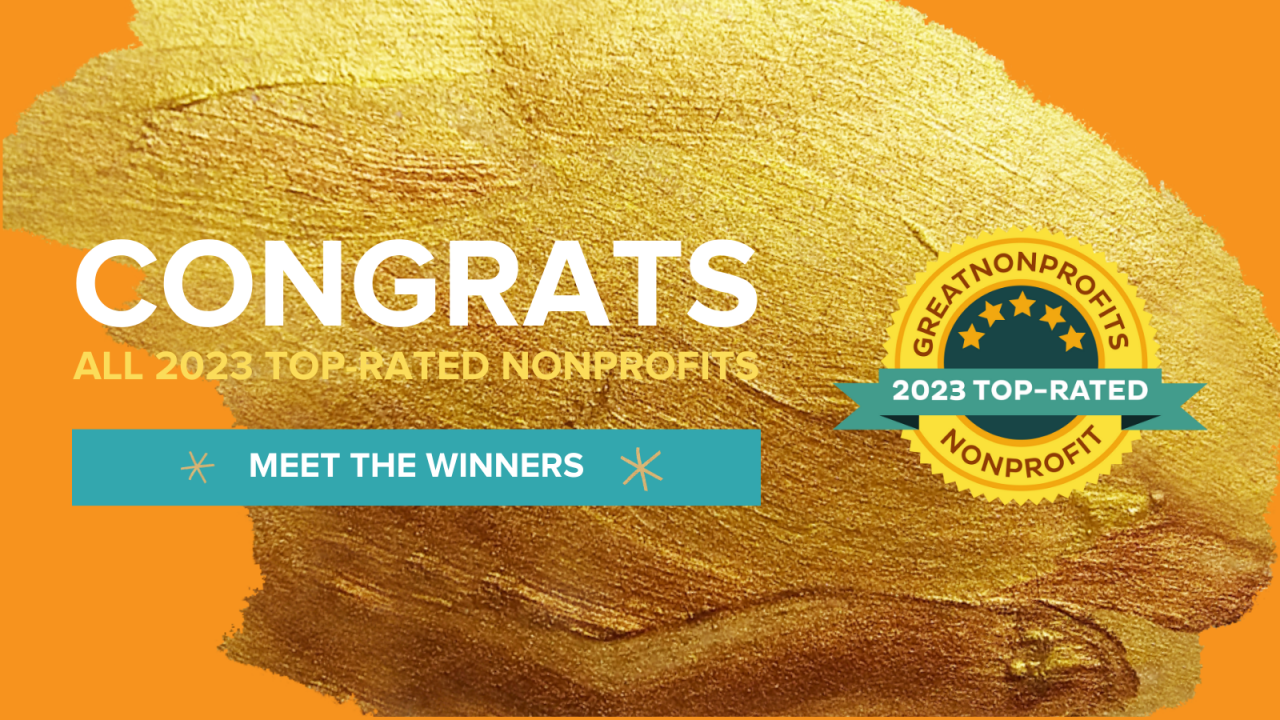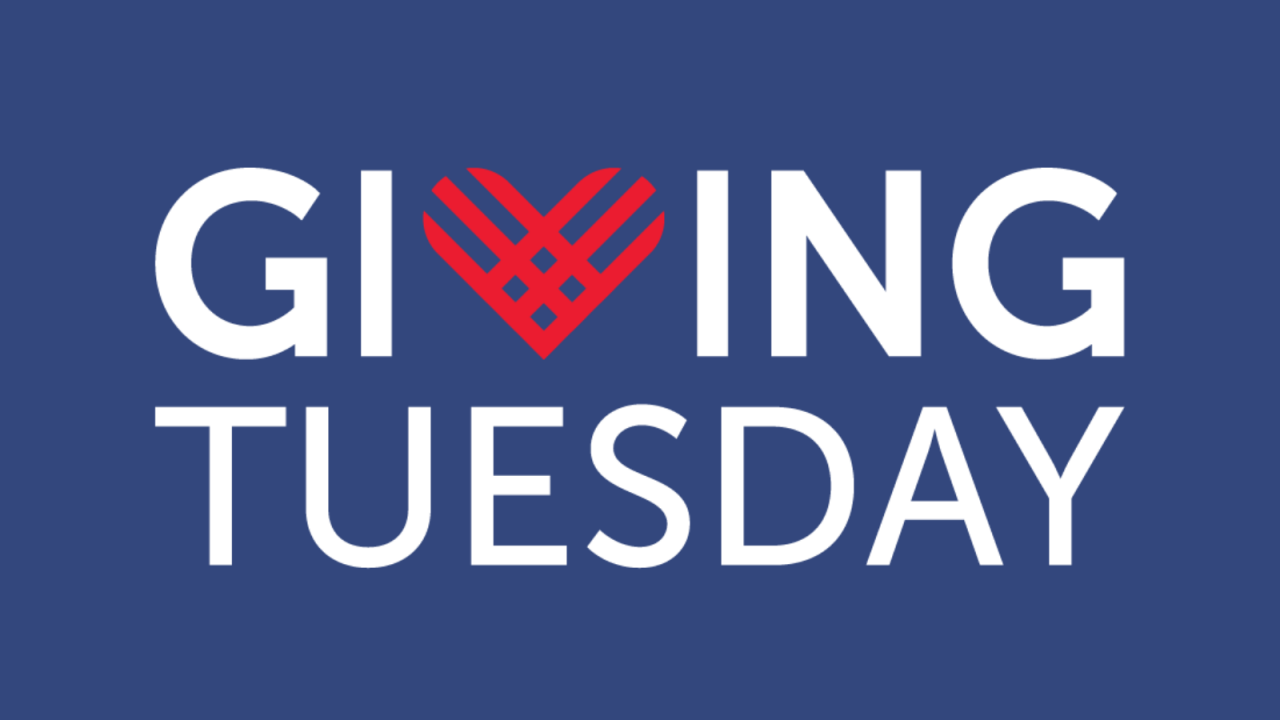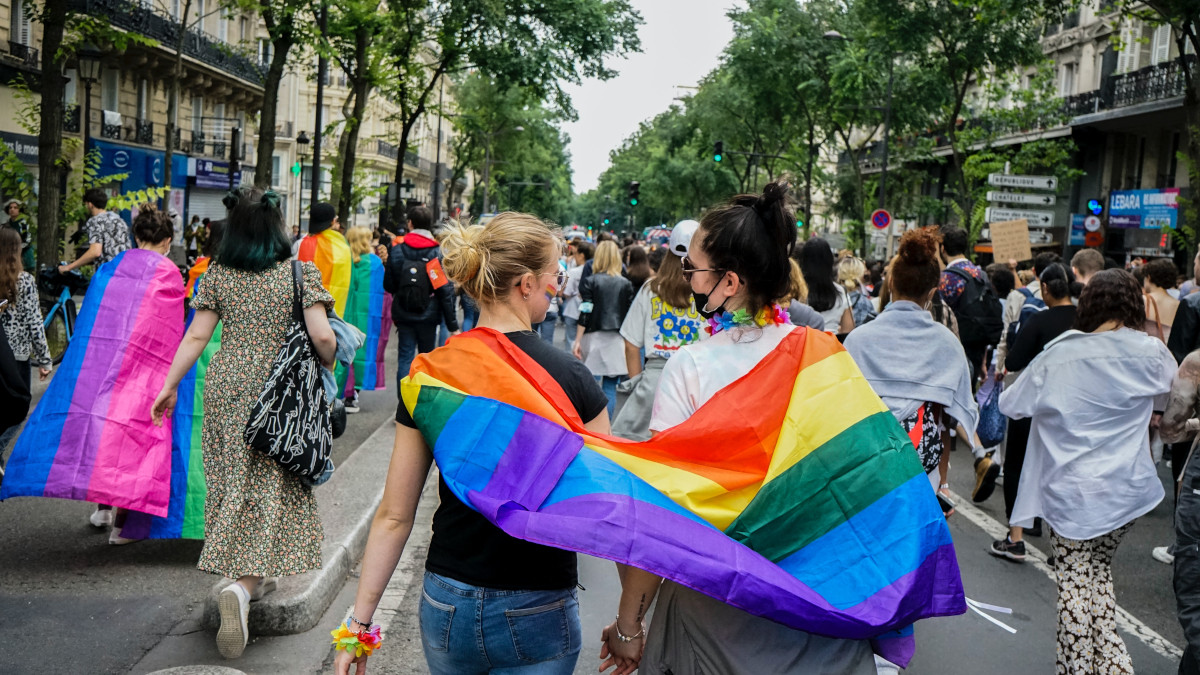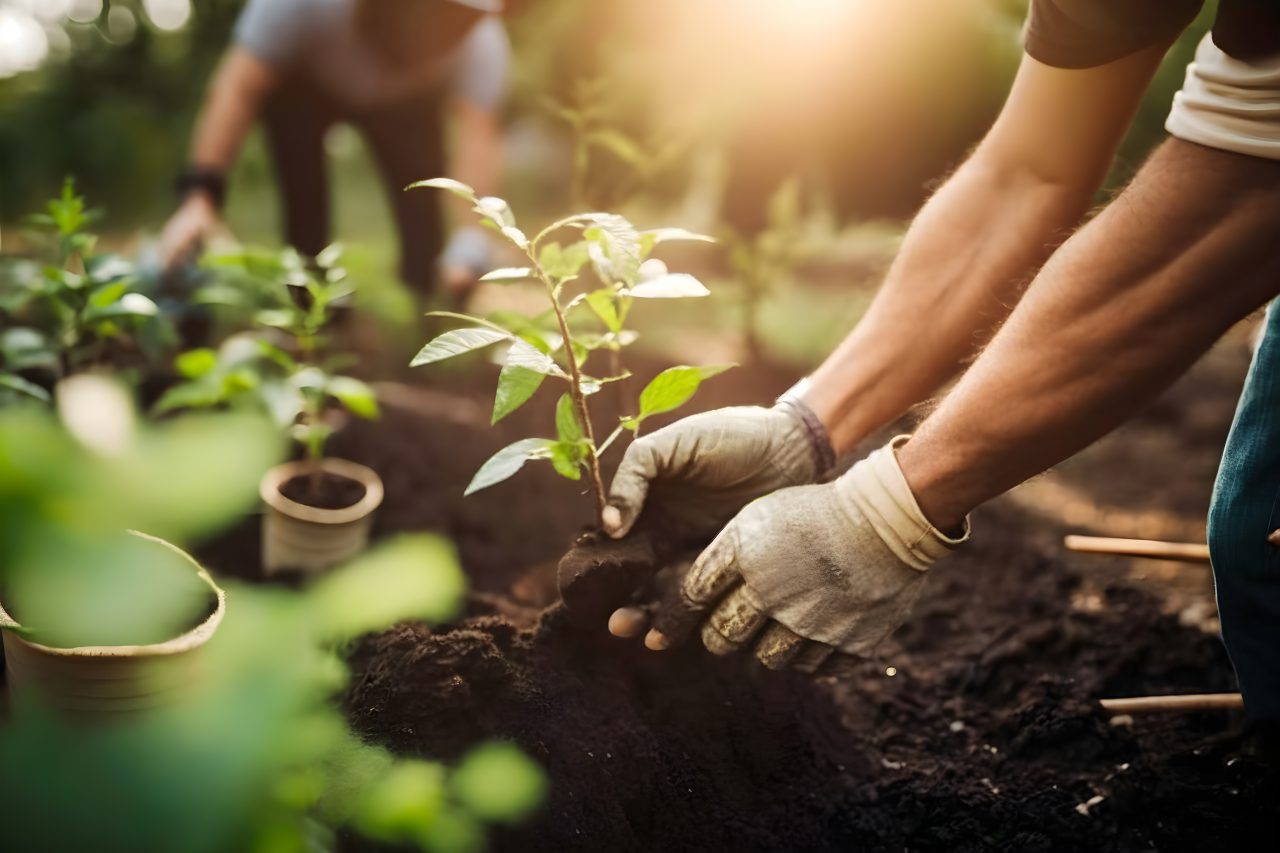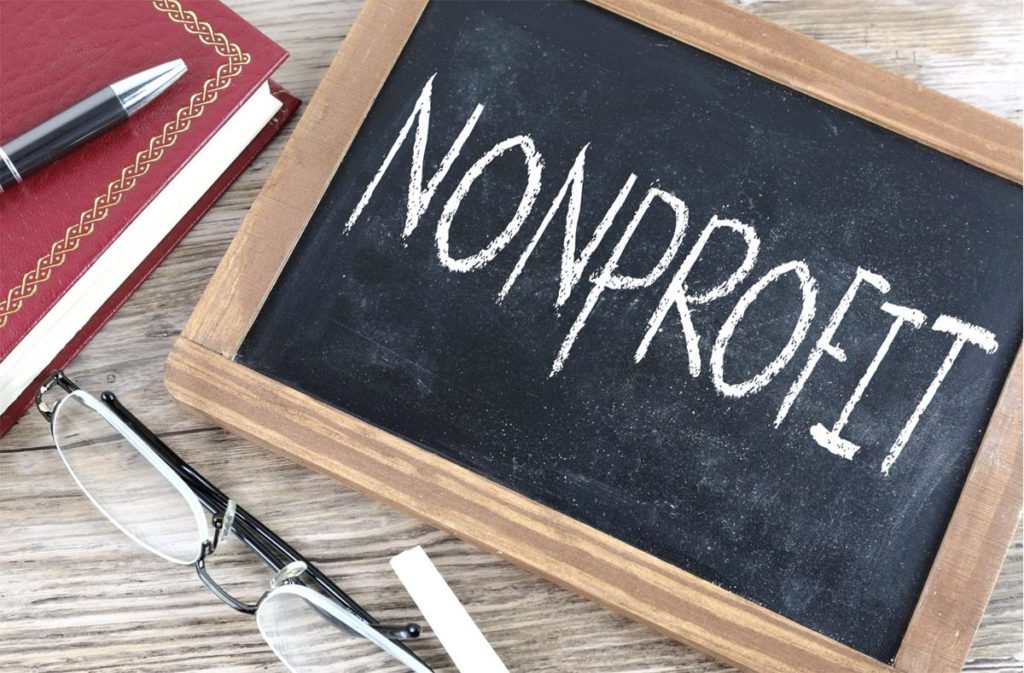Help Victims of Human Trafficking: Donate to These Organizations
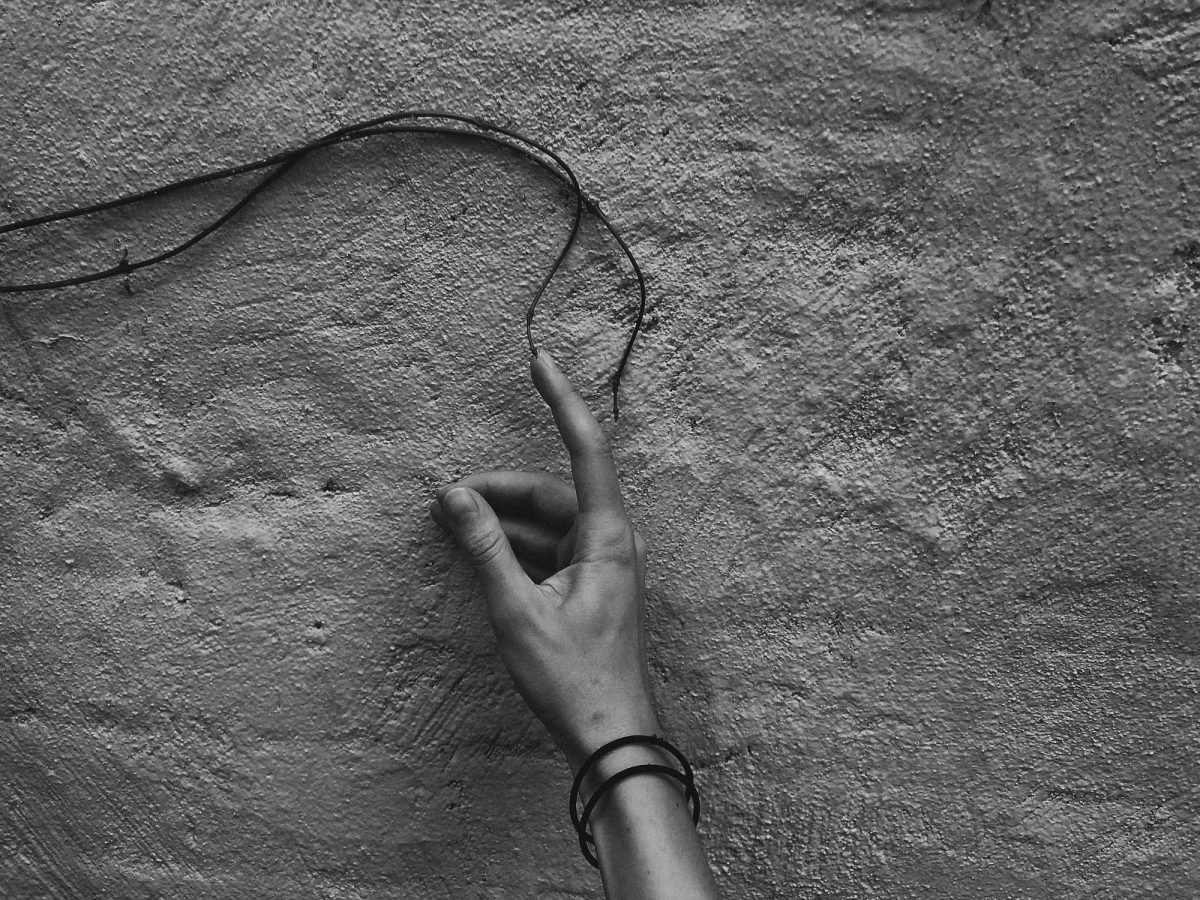
January is Human Trafficking Awareness Month. As many as 40 million people are currently being trafficked around the globe, in every country on earth. In the U.S., over half of all trafficking cases involve children forced into the commercial sex trade.
It’s up to us to educate ourselves about this issue, stop human trafficking, and help the victims.
We’re highlighting the top-rated organizations dedicated to helping victims of human trafficking in the U.S. and around the world.
Durga Tree International
Sparta, New Jersey
Durga Tree International is helping victims of human trafficking through education and advocacy. The organization collaborates with multiple modern abolitionist groups worldwide to expose modern slavery and bring about its end.
Durga Tree works with partner organizations in India to rescue girls and young women out of slavery. Furthermore, the organization provides education, support, and healing for these young women, ensuring successful, healthy futures. Activists in Cameroon are rescuing children sold into sex slavery and forced to be child soldiers. In Guatemala, Durga Tree partners with organizations helping victims of human trafficking, including young girls sold into the commercial sex trade. And in Thailand, at-risk and marginalized women learn skills that allow them to be self-sufficient and independent, keeping them out of slavery.
Durga Tree also educates American communities about the trafficking epidemic on our soil, encouraging safe travel for young women and advocacy on behalf of victims.
The organization believes every human has a right to freedom. That’s why Durga Tree International works tirelessly to end modern slavery around the world.
The Samaritan Women
Baltimore, MD
The Samaritan Women provides effective, holistic care to victims of human trafficking and modern slavery. The organization seeks to lead the way in helping victims recover – physically, emotionally, and spiritually.
The nonprofit’s research and care methods are a beacon for other restorative care programs nationwide. The Samaritan Women conduct and sponsor research studies designed to inform care for traumatized populations in the U.S. and around the world. Using this data, the organization then trains shelters, churches, nonprofits, and other organizations in the best methods to adequately care for victims of human trafficking. Furthermore, volunteers and staff establish shelters and mentorship programs throughout the United States so that every victim can access quality care in their community.
Since 2011, The Samaritan Women have helped over 100 survivors find healing. Each survivor receives specialized care, equipping and empowering her to move forward toward a brighter future. Graduates of the program often return as advocates and mentors, working alongside the organization’s founders to end modern-day slavery.
The Quest ECSS
Fort Myers, FL
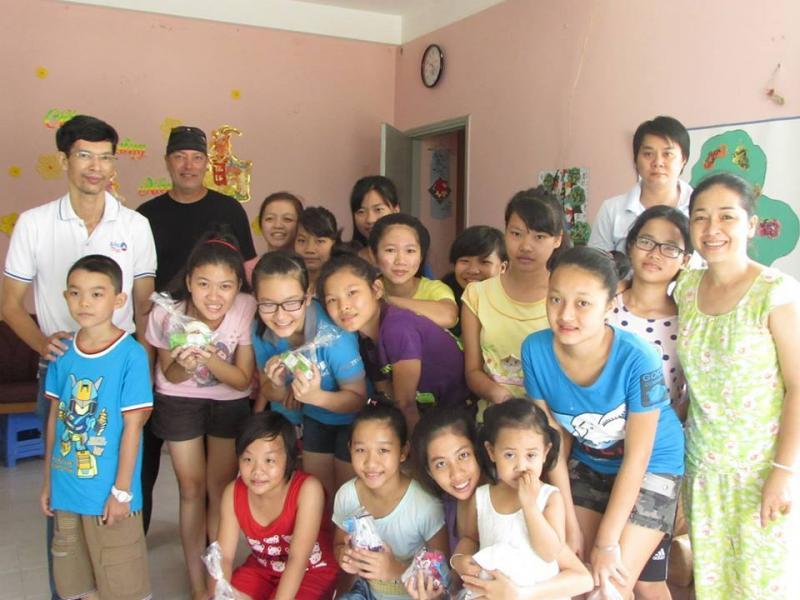
Some 1,600 children have been rescued from sex slavery in Asia by The Quest ECSS. This 100% volunteer-run organization seeks out potential child sex trafficking locations, observing traffic patterns, guard postings, and other potential dangers. Then, volunteers work with local authorities to conduct rescue missions and remove the children safely. Often, volunteers put their own safety at risk to rescue these young children.
Many times, children are rescued from deplorable conditions, starving and terrified. Upon rescue, each child receives medical care, food and water, and clean clothing. Once each child is stable, she moves to a safe home where she is nurtured back to physical and emotional health.
The Quest ECSS has an unprecedented 100% retention rate, meaning absolutely none of the children rescued will return to sex trafficking. The organization provides 24/7 security for all rescue locations, ensuring all children remain free and safe.
Human trafficking isn’t just an international problem. Every year, men, women, and children are trafficked right here in the United States. Some populations are more vulnerable to human traffickers, including children in the foster care system, those facing psychological or emotional distress, or those living in poverty or facing homelessness.
To learn how to recognize the signs of human trafficking and how to help the victims, visit the Department of Homeland Security’s website.
For more information about organizations dedicated to helping victims of human trafficking, visit our website at GreatNonprofits.org.


